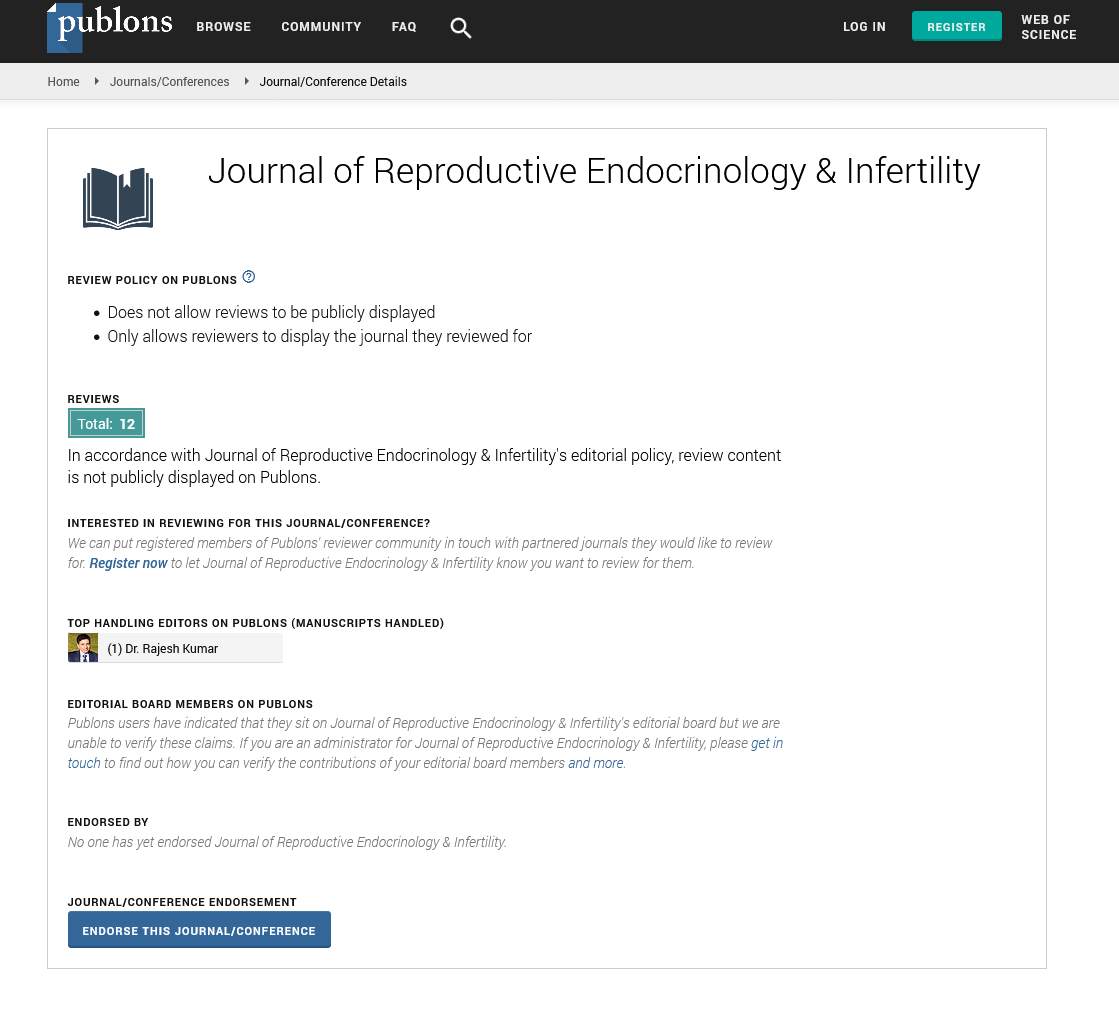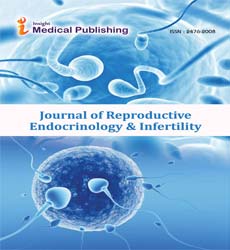Abstract
Comparison of Recombinant and Urinary HCG on Oocyte/Follicle Ratio and Oocytes Maturation in Advanced Maternal Age
Objectives: To study the efficacy of recombinant HCG (rHCG) compared to urinary HCG (uHCG) for triggering of ovulation and stimulation of final Oocyte maturation in advanced age woman with the poor ovarian response that underwent ovarian stimulation and ICSI.
Design: This study was an observational study performed in Medcare Fertility Centre, DUBAI, UAE between April 2016 to July 2017. This study was reviewed and approved by the institutional review board and Ethics Committee of Medcare Fertility Centre.
Patients: Sub fertile couples undergoing triggering of ovulation as part of an assisted reproductive cycle using either recombinant HCG versus urinary HCG.
Interventions: rHCG preparations versus uHCG for triggering of ovulation. Dose, route and schedule of rHCG and uHCG injected were considered.
Primary outcomes: Measure the numbers of oocytes retrieved per number of aspirated follicles and determines the Oocytes/follicles ratio. Secondary outcomes measures were the total number of oocytes retrieved, the number of mature oocytes.
Results: The primary outcome indicated that uHCG was more effective than rHCG in regards to the number of follicles retrieved. The ratios of oocytes retrieved per follicle and total matured oocyte per oocyte retrieved is also greater for Pregnyl (uHCG).
Conclusion: The two types of HCG ( uHCG and rHCG), both medicines have effect on triggering ovulation and stimulation of maturation of oocytes. But with advanced maternal age there is a clear significant effect on the ratio of total matured oocyte per oocyte retrieved which is greater for Pregnyl (uHCG).
Pregnyl therefore has more effect on triggering ovulation and oocyte maturation in comparison with rHCG. For antagonist protocol was the preferred medicine is Ovitrelle® (rHCG) while, for Long Agonist, the preferred triggering medicine is Pregnyl® (uHCG).
Author(s):
Zakwan Khrait
Abstract | Full-Text | PDF
Share this

Google scholar citation report
Citations : 43
Journal of Reproductive Endocrinology & Infertility peer review process verified at publons
Abstracted/Indexed in
- Google Scholar
- Sherpa Romeo
- China National Knowledge Infrastructure (CNKI)
- Publons
- International Committee of Medical Journal Editors (ICMJE)
- Secret Search Engine Labs
Open Access Journals
- Aquaculture & Veterinary Science
- Chemistry & Chemical Sciences
- Clinical Sciences
- Engineering
- General Science
- Genetics & Molecular Biology
- Health Care & Nursing
- Immunology & Microbiology
- Materials Science
- Mathematics & Physics
- Medical Sciences
- Neurology & Psychiatry
- Oncology & Cancer Science
- Pharmaceutical Sciences


